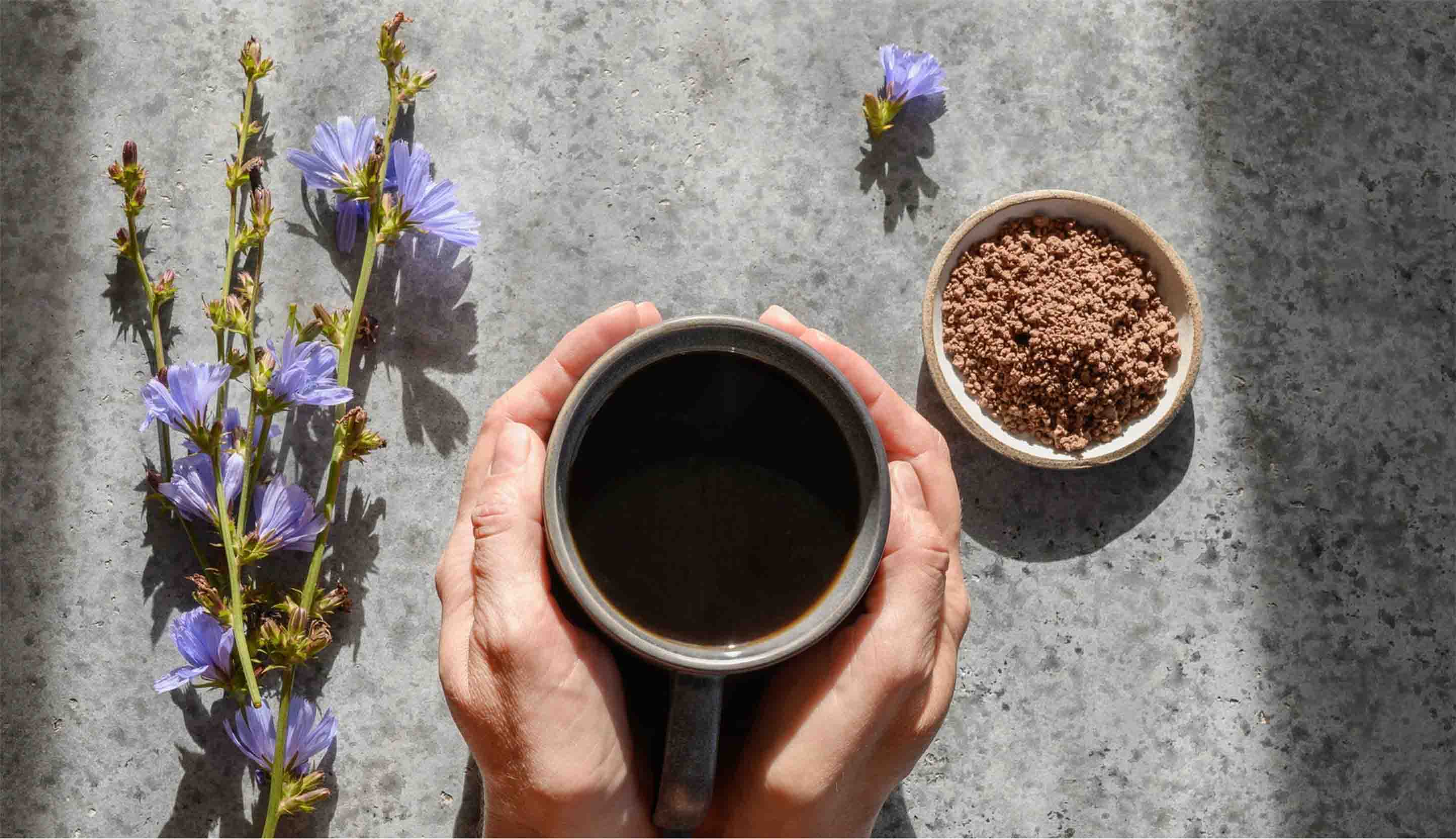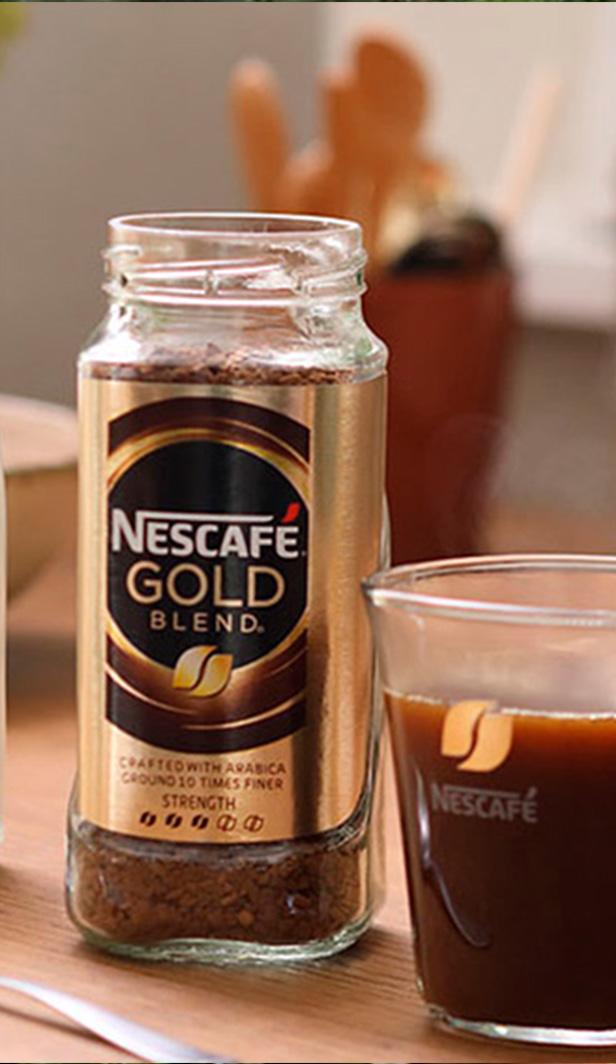Decaffeination of Coffee in Seawater
In 1903, a German coffee merchant named Ludwig Roselius saw an unintentional submersion of coffee beans in seawater. He found that the coffee beans submerged in seawater lost almost all of their caffeine content without losing much of their flavor.
The process was then patented in 1906, which involved steaming the coffee beans with various acids and using benzene to remove the caffeine content.
Long Process of Making Decaf Coffee
After various developments, decaf coffee is produced using the latest methods, but still with a long process.
The process of making decaf coffee begins by immersing the coffee beans in very hot water at high pressure. This soaking process usually takes about 8 hours. Although it has gone through a long process, the caffeine content in decaf coffee is not completely eliminated..
Read Also: 5 Benefits of Black Coffee When Working & How to Brew it Right
If normal coffee contains about 80-120 milligrams of caffeine, decaf coffee only has 3 milligrams of caffeine. Now, the making of decaf coffee itself has three methods, namely:
- • Water Process (Swiss)
- • Chemical Solution Process
- • Carbon Dioxide Process
This process was first developed in the 1930s by soaking green coffee beans in hot water and then filtering the remaining water with an activated charcoal filter which is then reused to soak other green beans./p>
The same water is continuously used until finished. Unfortunately, this method causes the characteristics of the coffee to disappear as the caffeine content decreases.
As the name suggests, this process uses a chemical solvent, namely ethyl acetate. In this process, the coffee beans are steamed and washed with the ethyl acetate solvent and then steamed again. After that, the coffee beans are dried before being roasted. Usually, coffee beans decaffeinated using this process are called “naturally decaffeinated”.
This process is the newest decaffeination process, using extraction from subcritical carbon dioxide. First, the green coffee beans are soaked in a covered steel container filled with water, then pumped with carbon dioxide. The carbon dioxide in this process works to dissolve the caffeine without affecting the taste and characteristics of the coffee.
Reasons People Switch to Decaf Black Coffee
Decaf black coffee has been quite popular in recent years, but not everyone is tempted to switch to decaf coffee. Because of its very low caffeine content, many people who feel unable to tolerate regular coffee are starting to enjoy decaf coffee; with the same taste but less caffeine.
How to Differentiate Decaf Coffee from Regular Coffee?
In terms of appearance and aroma, decaf coffee has significant differences from regular coffee. Decaf coffee has a different taste, aroma, and color. In terms of taste, decaf coffee tastes slightly more acidic due to the long process it goes through. Furthermore, decaf coffee also feels flatter and slightly watery.
Can We Use Decaf Coffee to Make Coffee Milk?
The answer is yes!
All choices of coffee drinks with espresso as the base can be replaced using decaf coffee, so you can order decaf latte, decaf cappuccino, and also decaf espresso. Not all baristas will offer decaf coffee options, but you can still order it!
Decaf coffee can be an alternative for daily coffee consumption for those of you who want coffee with a lower caffeine content. If you want to try it at home, you can try NESCAFÉ GOLD Decaffein Jar, just brew it with a little boiling water. If you like, you can also add sugar or milk.
Well, now you know more about decaf coffee, right? So, do you prefer regular coffee or decaf coffee?
Today’s community favourites




